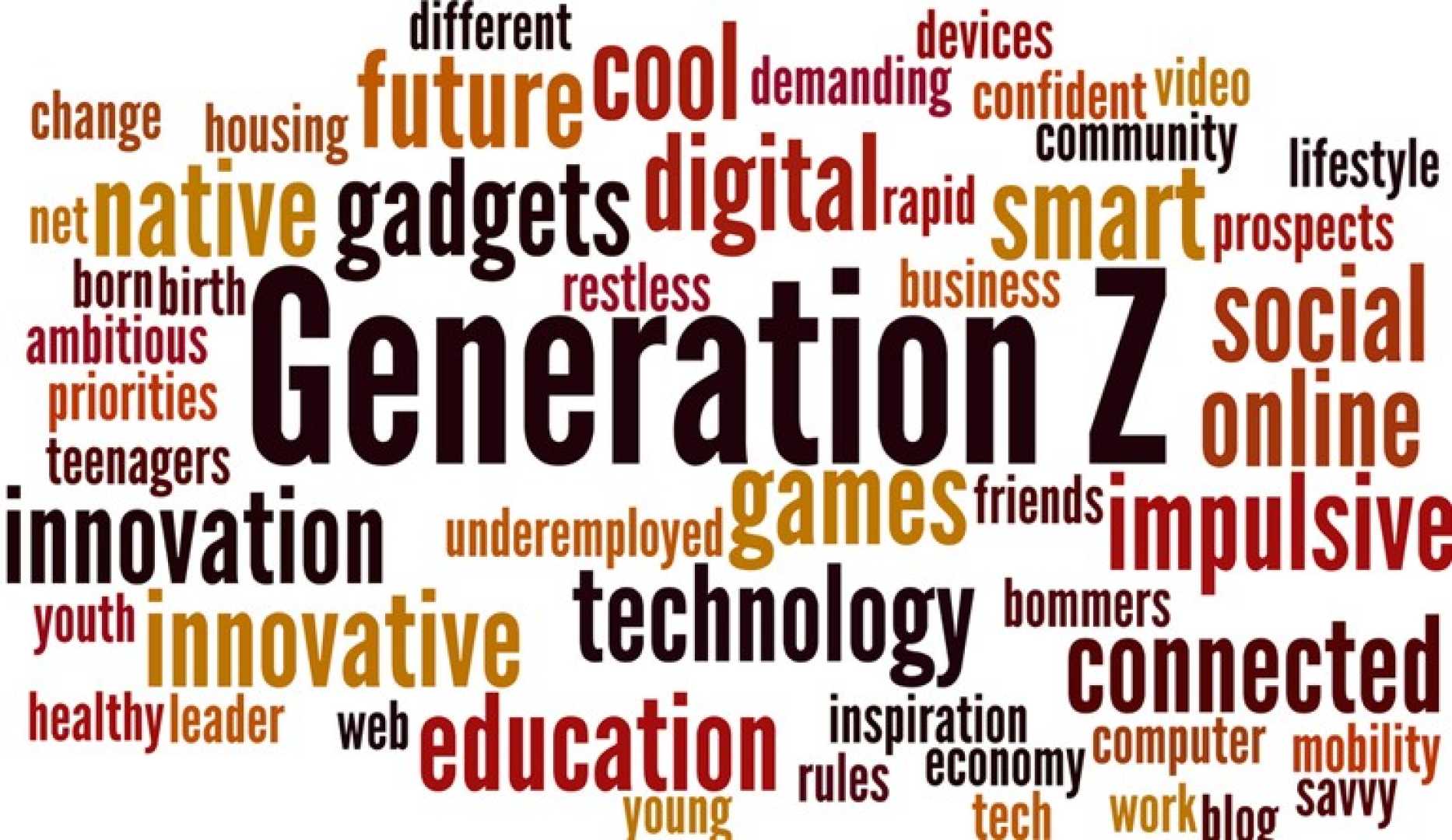Opinion
Debunking the Doomed Zoomer Narrative: Gen Z’s Challenges and Opportunities

NEW YORK, NY — Freya India recently expressed concern about Gen Z’s sense of community, stating that young people feel increasingly disconnected due to technology. Her emotional commentary reflects a broader sentiment, as many social commentators have been raising alarms about the impact of technology on younger generations.
Critics, like Jackson Dahl, emphasize that ‘attention hijacking’ is detrimental to humanity, arguing that techno-capitalism distances us from our humanity. They paint a picture of a generation trapped, with phones in hand, disconnected from life and addiction to social media.
However, this narrative often overlooks that many young people today are indeed forming communities and engaging in social activities. From book clubs and volunteer groups to local arts events and sports, opportunities abound for connection outside of digital platforms.
The notion that technology solely alienates is challenged by everyday observations. While it’s true that many services, like grocery delivery, limit face-to-face interaction, they do not completely eliminate the possibility of community. Many Gen Z members can still choose to engage in traditional shopping or community events if they desire.
The claim that technology inhibits social interaction fails to consider personal choices. While some young people may prefer the convenience of technology, it is a voluntary decision. As Dahl notes, embracing technology at the expense of connections is a choice, influenced by a culture that presents it as hopeless.
Amidst the negative narratives, statistics suggest that many young individuals feel optimistic about their futures. A recent poll found that 79 percent of Gen Z respondents express hope about what lies ahead. Furthermore, many report experiencing healthy relationships with technology, contrary to the popular narrative.
Pew Research indicates that only 14 percent view social media negatively, while a majority find it a mixed bag. This discrepancy suggests young people’s direct experiences often clash with the overwhelmingly negative messages that engulf their generation.
The media and older generations must recognize the complexity of Gen Z’s relationship with technology. While it is vital to address legitimate concerns regarding mental health and connectivity, insisting that they are powerless against tech can do more harm than good.
As someone who has navigated the complexities of technology over the years, I can attest that forming positive habits takes conscious effort. Not only do we not need to be dictated by the devices in our hands, but we also have the agency to cultivate meaningful connections in our lives.
Empowering young people to take charge of their interactions with technology and themselves does not just benefit them but enriches our entire society. The onus is on all generations to frame the conversation in a way that inspires, rather than instills despair.












